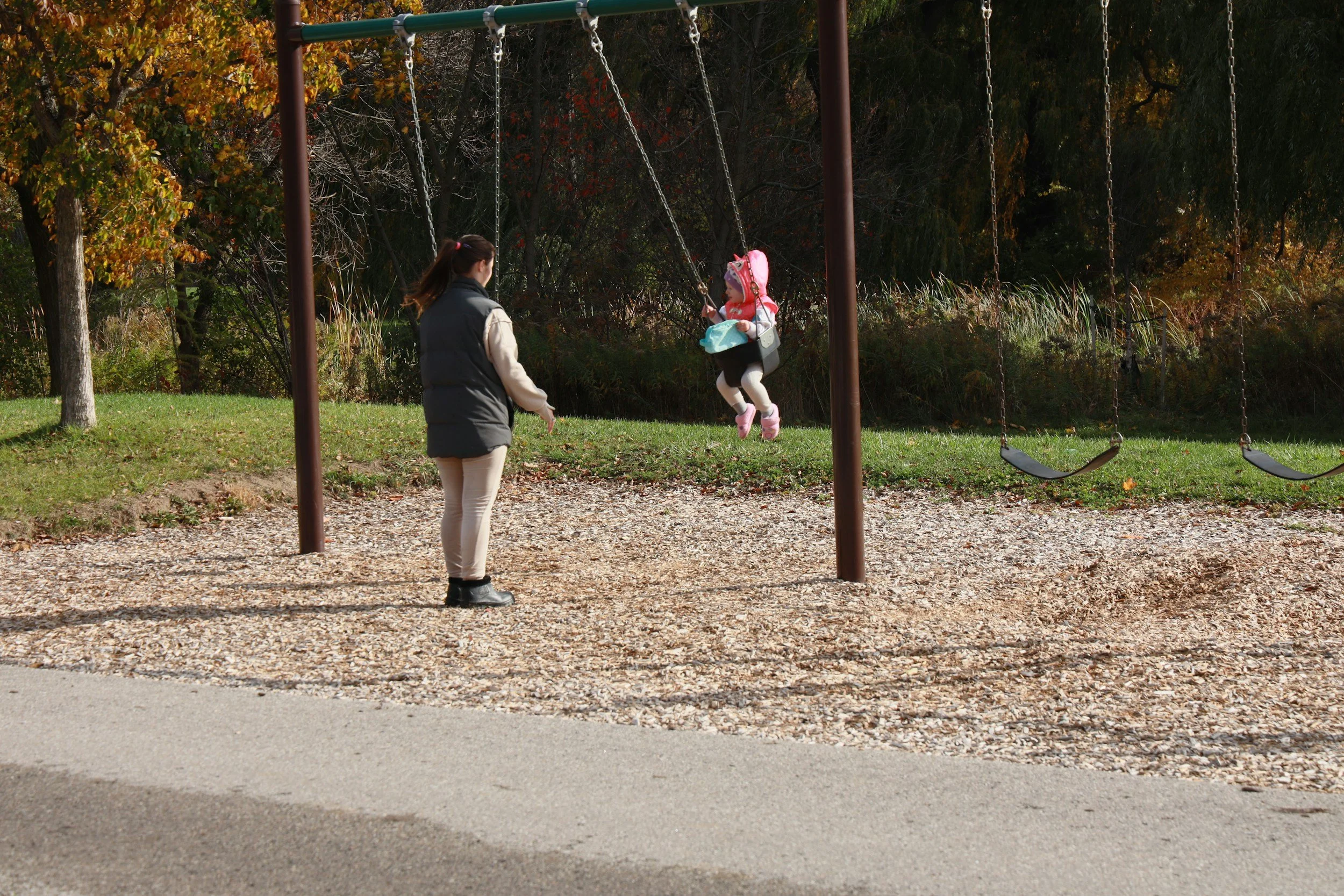When Your Child Needs a 1:1 Aide How to Justify It
By: Dr. Gabrielle Baker, President & Advocate
When your child needs individualized support throughout the school day, it’s important to know how to advocate effectively and describe the need in a way that aligns with the language schools use. Instead of asking for a “1:1 aide,” which districts sometimes resist because it implies a dedicated staff person assigned only to one student, it is often better to frame the need as requiring “adult support all day.” This focuses the conversation on your child’s functional and safety needs rather than the staffing structure.
Adult support all day means that your child requires consistent assistance from trained staff throughout their school day. Across classrooms, specials, transitions, lunch, and unstructured times, to stay safe, access learning, manage behaviors, and participate meaningfully. The need may be due to medical, behavioral, communication, or executive functioning challenges, but the core idea is that without this level of supervision and intervention, your child cannot benefit from their education as required under IDEA.
To justify this need, use data and documentation. Point to evaluation reports, functional behavior assessments (FBAs), behavior intervention plans (BIPs), progress reports, or teacher logs that show when and where your child struggles. For example, data showing frequent elopement, safety risks, physical aggression, or inability to engage without adult prompting all demonstrate the need for continuous support. You can also use anecdotal records or home-school communication logs that reflect repeated safety concerns or behavioral incidents.
During IEP meetings, it helps to describe specific scenarios where adult support makes a difference. For example: “He requires adult support to transition safely between classes,” or “She needs an adult nearby to prompt coping strategies when overwhelmed.” These examples make it clear that the support is not optional, but rather, it’s necessary for your child to participate safely and make progress.
The IEP should reflect this by including language such as: “Adult support provided throughout the school day across settings to assist with safety, regulation, and engagement.” This avoids limiting support to certain periods or activities and ensures accountability for the entire day. You can also specify that the adult providing support must be trained in particular areas, such as crisis prevention, communication supports, or behavior management, depending on your child’s needs.
Ultimately, advocating for adult support all day keeps the focus on what your child requires to access their education rather than on the staffing logistics. It allows flexibility for the school in assigning personnel while ensuring your child receives the consistent, qualified help they need to thrive.


